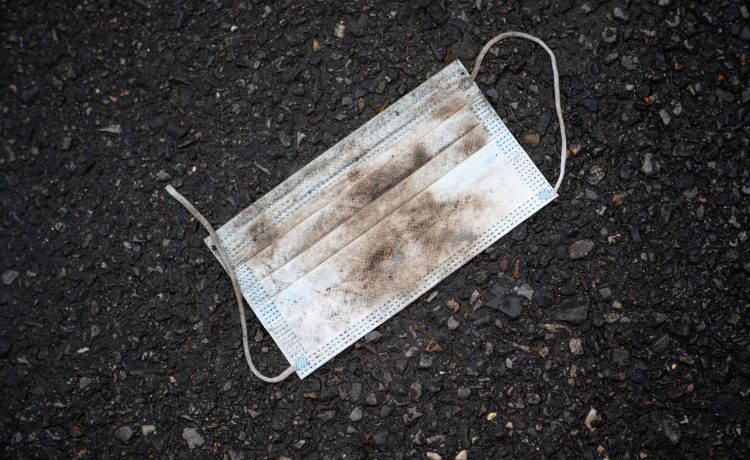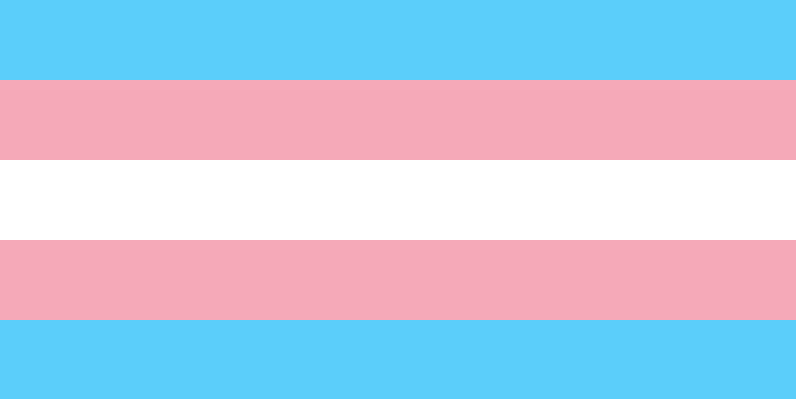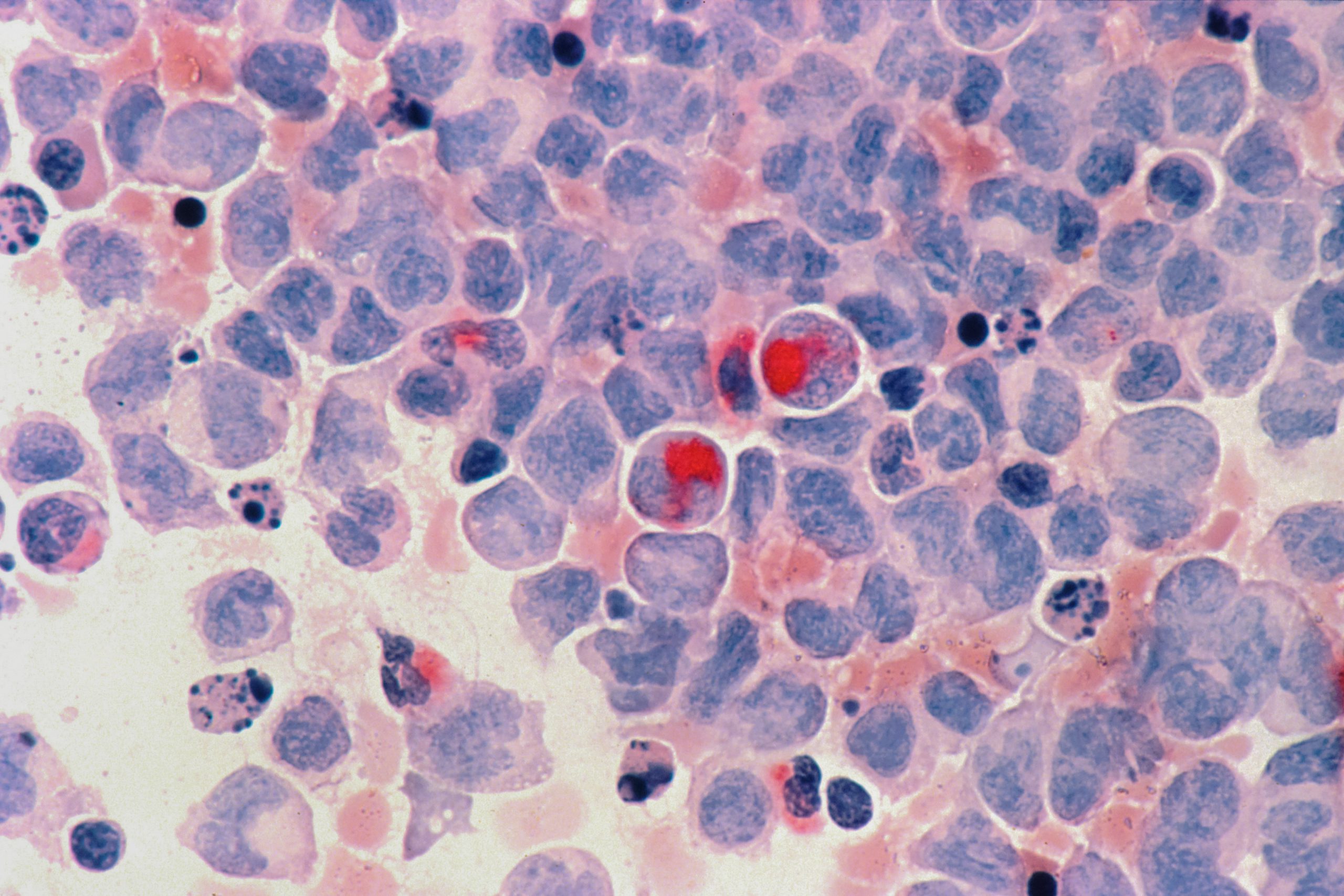Last Updated on March 30, 2022
We have been discussing the costs associated with COVID-19 for nearly two years. Earlier this year, we covered how the ongoing pandemic has affected employment and insurance status of millions of Americans. Now federal funds for vaccines, testing, and treatment of the novel coronavirus have run out and additional funding has failed to pass through Congress, leaving the 28 million uninsured Americans responsible for paying the costs themselves.
For most of the public health crisis even uninsured patients could receive free preventative vaccines, tests to detect the coronavirus, and treatment if infected. Unfortunately, this information hadn’t been widely circulated leading to many to not seeking necessary care — with sometimes tragically fatal results. Slow vaccination rates have even been partly caused by patients thinking they’d be charged for it. Despite an average of 30,000 new cases in the United States each day, uninsured patients have begun to be turned away from testing sites if they’re unable to cover the $100-$200 cost.
People without health insurance have been at a higher risk of dying due to COVID throughout the pandemic. Their chances of getting sick and not having access to testing increases the likelihood of future outbreaks. At a time when mask mandates are all but abolished and common spaces are being reclaimed by a pandemic-weary public, an undetected surge of an unknown variant could be devastating to the progress that’s been made in recent months. Even if an uninsured person has a positive test, they would be responsible for the cost of any necessary treatments (some that cost thousands of dollars per dose) or hospitalizations.
It has fallen out of favor to point out that the pandemic is ongoing, but it is. The Biden administration has asked Congress to pass an additional $22.5 billion in pandemic relief while telling the public that precautions can be relaxed. Downplaying the state of the pandemic has likely been a factor in the stalling of additional funds to combat COVID-19. Politics are also playing their part (it is an election year for 469 members of Congress). Even if cases are low, the country shouldn’t forgo testing and other efforts to keep vulnerable people safe. As it stands, hospitals and public health experts are concerned that the U.S. will be poorly equipped to manage — or even effectively identify — whatever happens next with the pandemic.
NeedyMeds is a diverse workplace with people of varying backgrounds and views. While NeedyMeds does not endorse any candidate or party for any office, it should be clear that our organization supports access to affordable healthcare — especially related to an ongoing public health crisis — for all who need it. We encourage all eligible Americans to register to vote and participate in local and national elections to see their values are represented in government. To further engage in the legislature, contact your elected representatives to make your voice heard. Call 202-224-3121 to reach the U.S. Capitol switchboard; from there you can be connected to your elected Congressional Representative or Senator’s office. You can find information for your local and state elected officials by searching online.
The NeedyMeds website has a database of over 100 nationwide resources for those who have been impacted by COVID-19. We also have listings for over 18,000 free, low-cost, or sliding scale clinics for those concerned about the costs of healthcare. Search your ZIP code for clinics in your area to find free or low-cost medical attention. Remember to call first if you are seeking information about the availability of COVID-19 testing/vaccination. The free NeedyMeds Drug Discount Card can be used by anyone to help save money on their prescribed medication — even over-the-counter medicine if prescribed by a doctor. The card is available physically via mail, in a printable form, or as a smartphone app for Apple and Android devices. For more help finding information, call our toll-free helpline Monday-Friday 9am-5pm Eastern Time at 1-800-503-6897.




